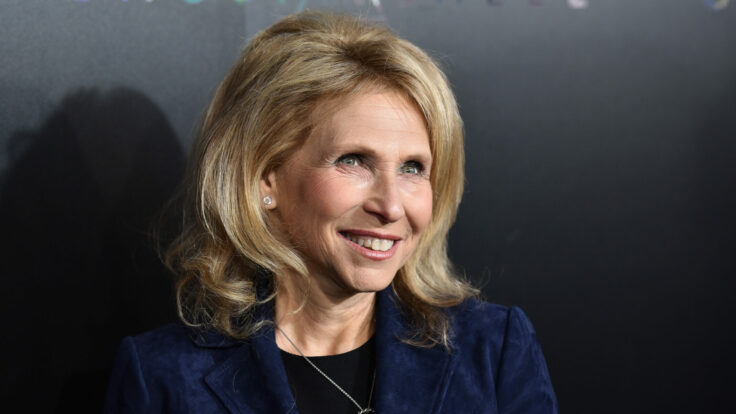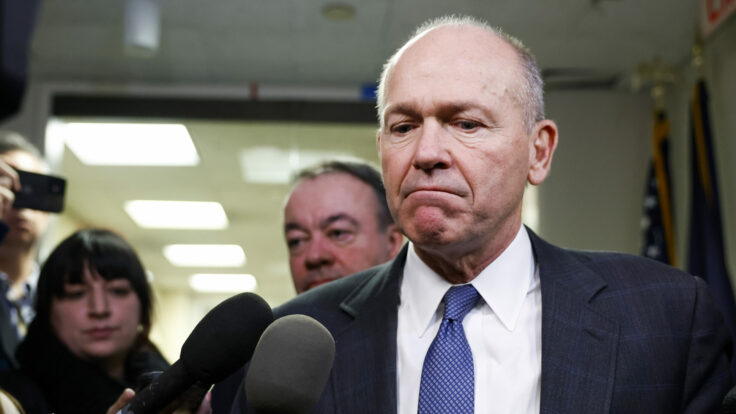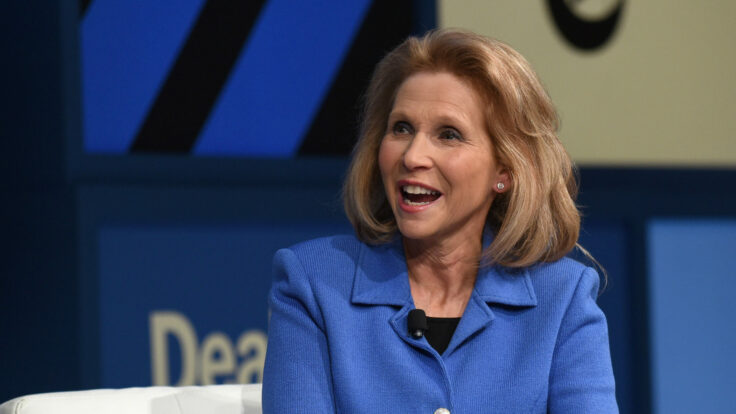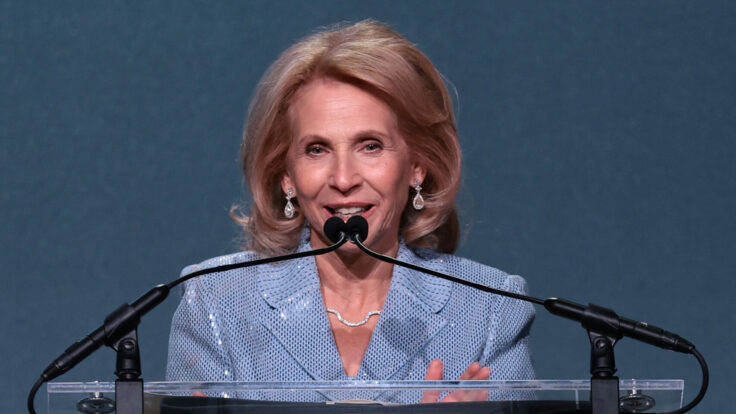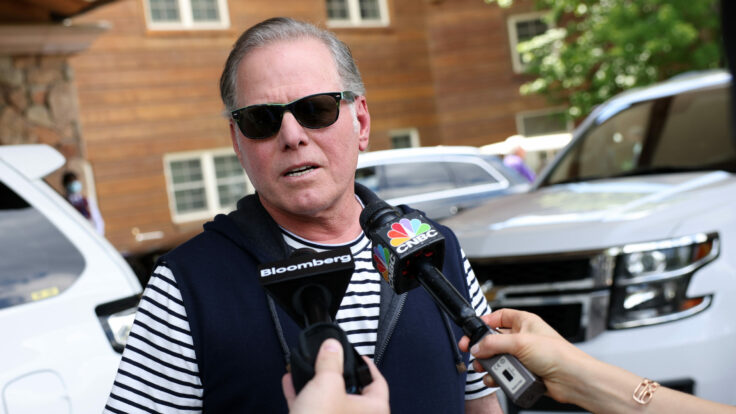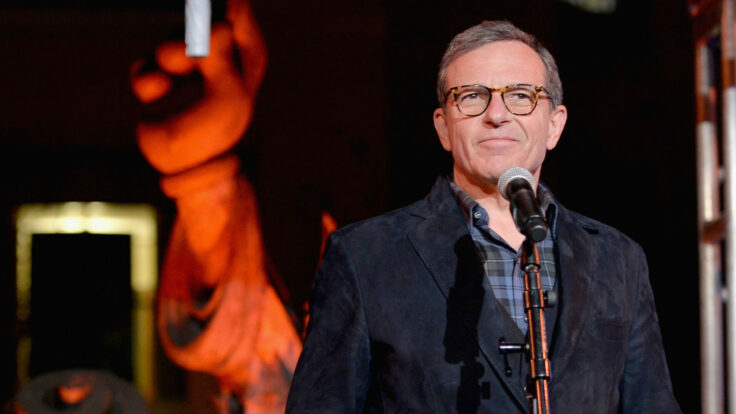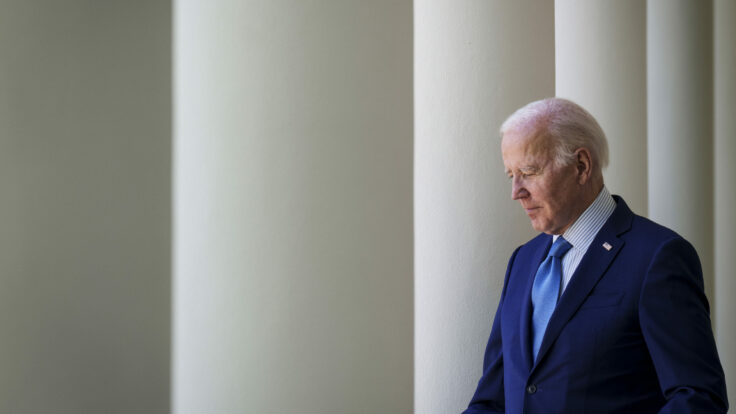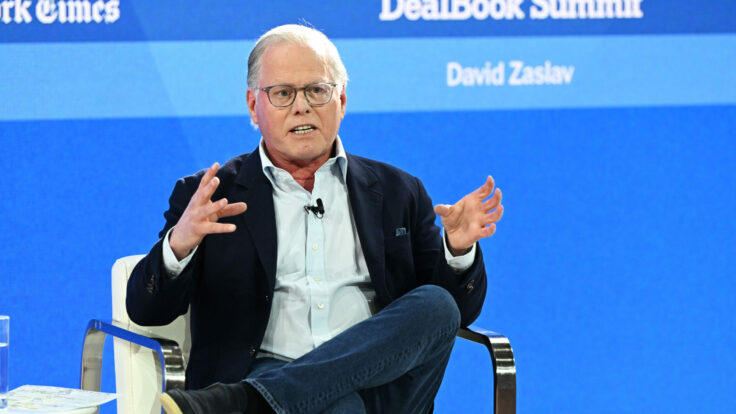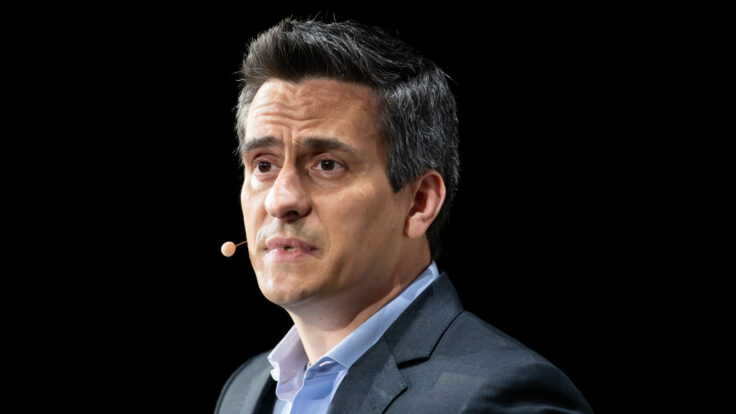Nobody likes it when the old boss hangs around the hoop causing trouble. I’m no Carolina fan (I went to Duke, after all), but I do feel a tad bit sorry for Hubert Davis, the first-year coach of the U.N.C. Men’s basketball team, whenever the television camera pans over to Roy Williams, the legendary old coach, sitting a few rows behind the U.N.C. bench, scowling or joking around or, you know, passing judgment on how well his successor is or is not doing in real time. (Good luck to Coach K’s successor, Jon Scheyer, who takes over next year while his predecessor enjoys a lifetime contract at Duke and keeps his office in the Schwartz-Butters Athletic Center.)
It could be worse. The billionaire Howard Schultz, the quasi founder of Starbucks and a failed presidential candidate, is making his third return as C.E.O., albeit on an “interim” basis starting next month, since he bought a lone Starbucks, in Seattle, in 1987 and turned it into a global juggernaut with a market value these days of $100 billion. It’s not exactly clear why Schultz, now 68 years old, came to the rescue of his baby once again. The company is portraying it as a normal turn of events following the five-year reign of C.E.O. Kevin Johnson, prompted by Johnson’s resignation. But something doesn’t feel right. Frankly, it’s pretty weird, all things considered, especially since the Starbucks stock was up 53 percent during Johnson’s tenure. Schultz has said he will work with Mellody Hobson, the Chicago private-equity mogul who is on the Starbucks board, in helping to pick in short order another of his replacements.






